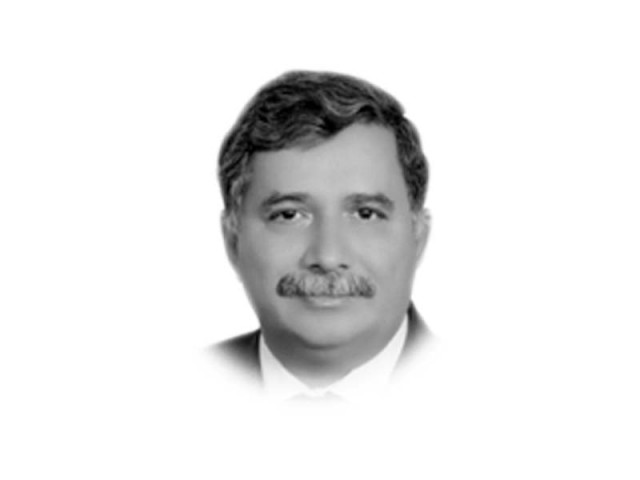Whither talks?
History is witness to PPP braving the agonies of political witch-hunting and challenges of terrorism

Anguish over the talks with TTP, through Haqqani network, on the Afghan soil is growing with each passing day, with many demanding an open debate over the pros and cons of such talks.
PPP Chairman Bilawal Bhutto-Zardari has formed a three-member committee to liaise with political parties on the recent developments related to talks with the Afghan Taliban and the banned TTP. PPP Senator Mian Raza Rabbani on Monday raised his voice in line with the party’s policy whereby he demanded a national debate, seeking views of the parliament, experts, civil society, military commanders and police officers who fought against TTP. The senator emphasised that such talks would have far-reaching consequences on the constitutional boundaries of the federation as there is a danger of creation of a parallel justice system in opposition to the rule of law and the Constitution.
ANP’s Khyber-Pakhtunkhwa President Aimal Wali Khan is also of the view that the parliament should be taken into confidence over the recent peace talks with TTP, cautioning that without the parliament’s approval, no deal with TTP would be acceptable. “Let me make it clear that we have not forgotten the Army Public School [APS] massacre. We will never ever forgive the murderers of our innocent children,” he declares.
History is witness to PPP braving the agonies of political witch-hunting and challenges of terrorism. Benazir Bhutto embraced martyrdom and hundreds of PPP workers fell victim to terrorism over the years. ANP too stood like a rock against the scourge of terrorism with their leaders and workers offering valiant sacrifices. They have indeed written history with their blood. They deserve the credit for turning challenges into opportunities by developing a response system to combat terrorism on a sustainable basis.
Both PPP and ANP have a legitimate right to know under what conditions peace is being negotiated with TTP.
The two tribal jirgas sent to negotiate with TTP cannot be a substitute for the collective wisdom of parliament. Despite comprising very respectable members of society, such jirgas do not have the capacity to be a guarantor for enforcement of any terms of settlement.
Besides, the demands have been floated at a time when PPP itself is not only a major partner in the government, but is also holding the important portfolio of foreign ministry.
In terms of the Constitution, Pakistan is a parliamentary democracy and as such cabinet is the executive arm of the parliament. No business of the government can be carried out without the will of the parliament. Therefore, the PPP, with its foreign ministry responsibility, represents the will of the parliament in the cabinet. Under the rules of business, framing a policy is the exclusive domain of the executive — in this context the cabinet. Besides, we also have a National Security Council, and the government may seek input from this advisory body as well. The ultimate decision-making body however is the cabinet which is directly accountable to the parliament. It is the sole prerogative of the cabinet to frame the policy and then bring it before the parliament. Once the policy is framed by the government, the secretaries and attached departments are bound under the rules of business to implement the policy without any hedge and haw. There is no exception to the rule as no person or department is above the law.
Who knows better than Mr Raza Rabbani that we have a political system based on the trichotomy of power — legislature, executive and judiciary. Article 4 of the Constitution makes it mandatory that all acts have to be in accordance with the law. Therefore, governance and law are interwoven, as such all institutions and departments of the government, while supplementing each other, have to work within these well-demarcated boundaries.
Deviation from the above mentioned constitutional mode and rules of business will be considered as shifting of responsibilities of the government to others and may also appear as a lack of trust on the part of the government in the constitutional structure of the state.
While deliberating on the mechanism of dialogue, we must also learn from history. In this context, readings on First, Second and Third Afghan Wars are a good guide. Although, the British Indian Army under their generals had led the army, the political officers would always accompany them to hold negotiations with the tribal chiefs using both gold and guns.
In short, while recognising the valour, courage and supreme scarifies rendered by the leaders and workers of PPP and ANP, it is high time that the government was run strictly in accordance with the scheme of the Constitution and rules of business in letter and spirit.
Published in The Express Tribune, June 22nd, 2022.
Like Opinion & Editorial on Facebook, follow @ETOpEd on Twitter to receive all updates on all our daily pieces.
















COMMENTS
Comments are moderated and generally will be posted if they are on-topic and not abusive.
For more information, please see our Comments FAQ